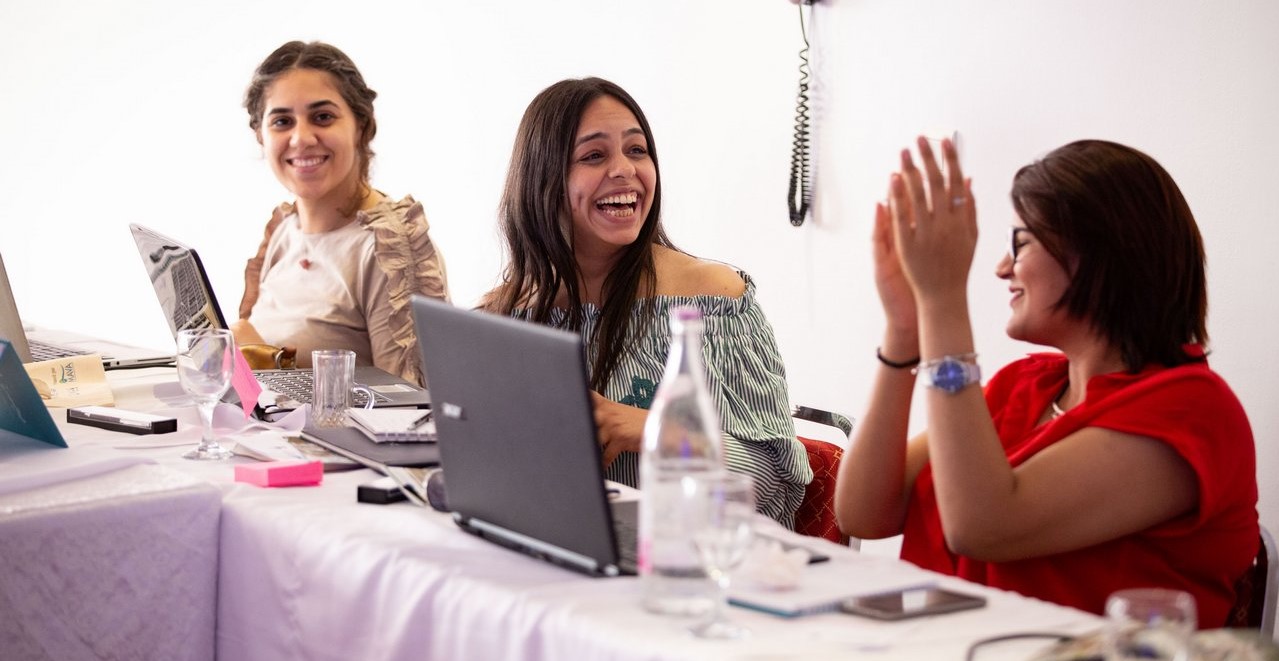Through a mix of 3 tailored online and physical trainings and capacity-building workshops, GWP-Med and WWF-North Africa continued to support young entrepreneurs in developingtheir green business ideas, in the frame of the GEMWET project, through the support of MAVA Foundation.
WATCH THE VIDEO:
Green ideas include waste recycling, the development of organic agriculture, processing of local fisheries products, eco-tourism, and distillation of aromatic and medicinal plants. All of them have the potential to create economic value and boost youth employment opportunities, while helping preserve the unique natural and cultural value of the Ghar El Melh ecosystem.
From April to June, during the Covid lockdown period, 3 to 4 individual online coaching sessions were organised, following which each one of 12 participants prepared and presented a business pitch. The GEMWET project team from GWP-Med and WWF-North Africa, as well as a specialist coach, provided targeted feedback on how to avoid common pitfalls and adapt lessons learnt from existing successful cases and best practices in the region.
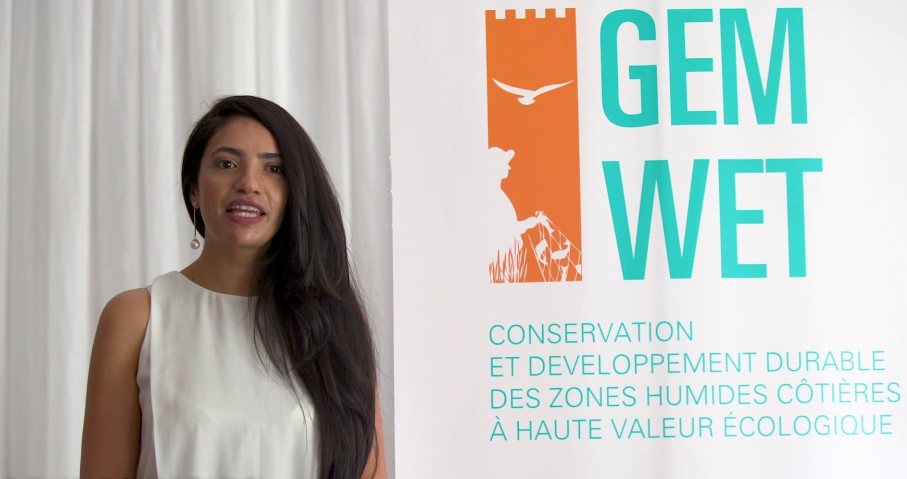 “We are seeing great enthusiasm and promising business ideas coming from Ghar El Melh youth. By providing training on business skills, as well as practical guidance on the local institutional framework, we are very excited to help bring these green business ideas closer to realisation”, says Sondos Njoumi, GWP-Med Programme Officer.
“We are seeing great enthusiasm and promising business ideas coming from Ghar El Melh youth. By providing training on business skills, as well as practical guidance on the local institutional framework, we are very excited to help bring these green business ideas closer to realisation”, says Sondos Njoumi, GWP-Med Programme Officer.
As soon as the lockdown restrictions were lifted in Tunisia, Youth gathered for a face-to-face training workshop onelements of business finance, and on how to compile an effective business plan. Drawing on the knowledge of the GWP-Med team of the local institutional framework, Youth were also given practical advice on how to navigate the legal and institutional setting of the area, including how to secure the necessary permits from local authorities, designing activities in line with the environmental protection framework, and exploiting synergies with local stakeholders, such as local municipalities. 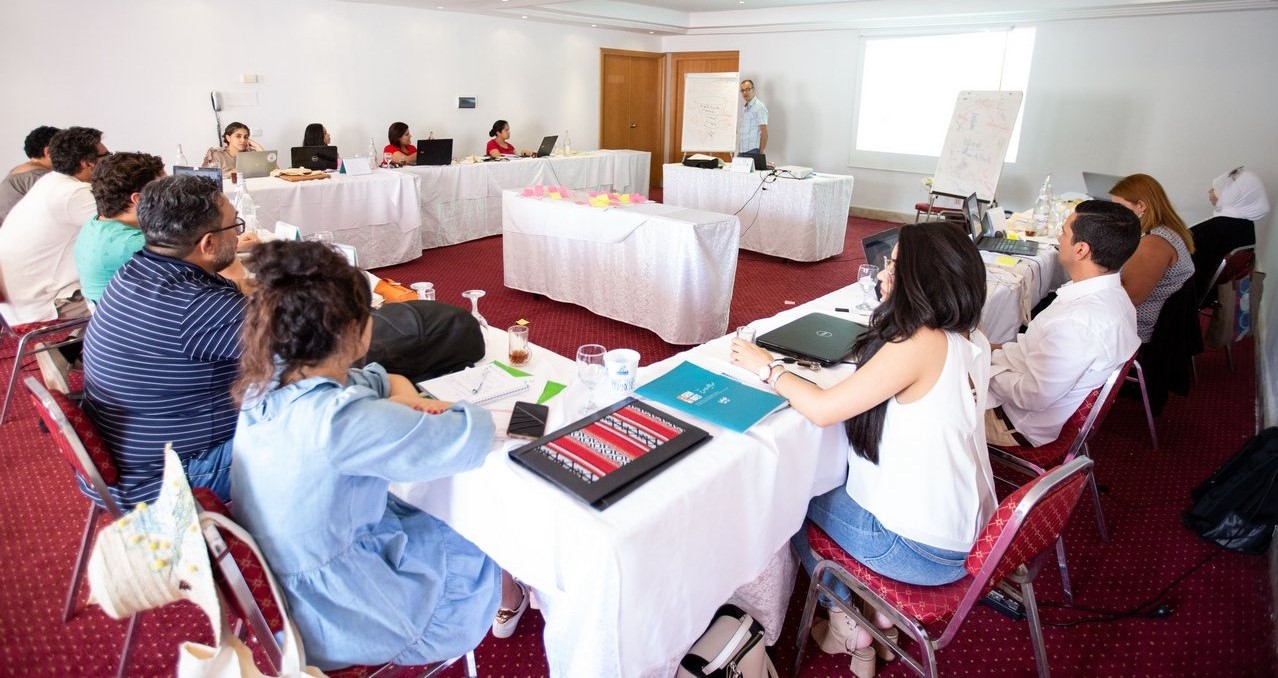 The training focused also on mapping out potential access to financial resources. Individual coaching sessions focused on developing a strategy to access start-up finance, including how to identify public resources for support, reaching donors and investors, as well as the definition of the legal conditions for youth entrepreneurship.
The training focused also on mapping out potential access to financial resources. Individual coaching sessions focused on developing a strategy to access start-up finance, including how to identify public resources for support, reaching donors and investors, as well as the definition of the legal conditions for youth entrepreneurship.
After creating their business plans, the GEMWET project will assist young in preparing for the administrative procedures and facilitating networking with stakeholders to help get their projects off the ground.
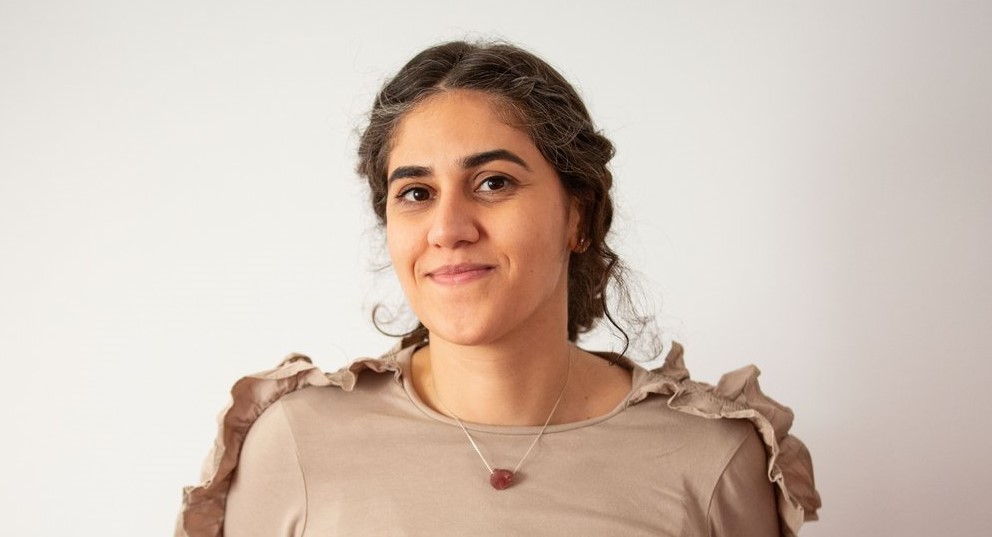
“The incubation program and the business plan that we are preparing today will provide me with the necessary resources and techniques that are essential for the evolution, development and stability of my project”, said Amal Medimagh.
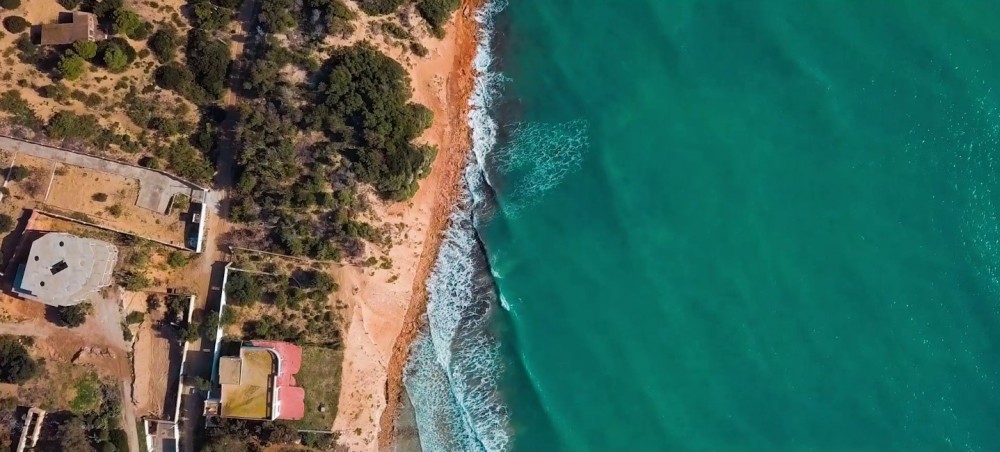
The Ghar El-Melh is a Wetland of International Importance in terms of its ecological value, however, it is also an area where the relative lack of economic opportunities for Youth is often a driver for emigration. The interest shown by youth to develop and act on green business ideas by sustainably utilizing the wetlands’ resources is highly encouraging for future economic activity, youth employment and environmental sustainability.
The ‘Conservation and Sustainable Development of Coastal Wetlands with High Ecological Value’ (GEMWET) Project aims to assist economic, socio-cultural and ecological development in the Ghar El Melh. It is a wetlands area known for its ecological and heritage richness (a Ramsar wetland and the first Arab and North Africa city to be recognised as Ramsar city), which, however, is facing a range of developmental pressures particularly under climate vulnerability and change impacts. Economic activities are mainly related to tourism, lagoon/coastal fishing and agriculture.
Applying principles of the Integrated Methodological Framework for Integrated Water Resources Management (IWRM) and Integrated Coastal Zone Management (ICZM)*, the project aims at strengthening governance and local capacities for ecosystems’ monitoring and management; promoting the sustainable use of water resources; contribute fighting urban and industrial pollution; assist strengthening traditional farming practices; promoting responsible tourism; supporting the Ghar El Melh Coastal Development Programme; and engaging youth. With the support of the MAVA Foundation, the GEMWET Project is implemented under the lead of WWF North Africa and in partnership with BirdLife Europe, Association "Birds Friends", GWP-Med, UN Environment / Regional Activity Center of the Priority Actions Program (PAP/RAC), National Agronomic Institute of Tunis, Tour du Valat and IUCN.
